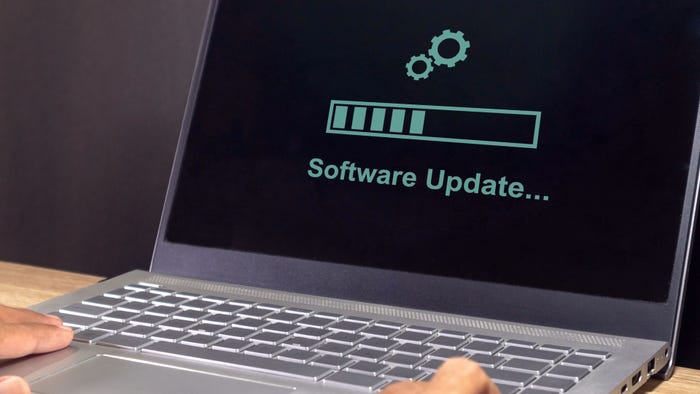Shoppers Up Their Online Security Game, Survey Says
While they check SSL certificates and liability policies more often, many remain wary of biometric authentication, Computop reports
November 10, 2016

Almost three-quarters of consumers – 71% -- said they check that an ecommerce site they shop on is protected via SSL and https, according to a new survey of over 1,900 consumers in the US and UK. In addition, 61% claim they checked the liability policy of their preferred payment method provider or bank in the case of fraud.
Despite those precautions, 62% say they won't be shopping online on Cyber Monday this year (Nov. 28). But that self-restraint isn't because of security concerns; shoppers will shun online buying this year because the deals aren't as good as they used to be, according to Computop, a secure payments provider that sponsored the study.
Respondents were also asked which biometric features they'd use for authentication; fingerprints was the top choice (35%), followed by retinal scans (12%), voice recognition (7%), and selfie photo (2%). But 41% rejected biometric authentication altogether.
Consumers, particularly those in Europe, are concerned about how biometric data is secured, according to Andre Malinowski, head of international business at Computop. "This data must be stored safely, otherwise it will open up new areas of identification theft," he added.
Malinowski was pleased to see that so many consumers are looking for SSL certificates but said more education is needed to combat fraud. "We have to continue finding ways to making online shopping safer," he said.
But there's a disconnect in the Computop data, in that despite greater consumer awareness around security and liability, consumers aren't wholeheartedly embracing online payment plans or sharing as much personal information online. There's also a disconnect between the behavior reported to surveyors and the actual consumer behavior, according to John Pironti, president of security consultancy IP Architects LLC. "When you crosscut the conversations and go back to retailers' numbers, online sales keep going up," he said. "While good security is always the intention, convenience always trumps security for a consumer."
The high percentage of respondents who claim to know their online payment provider's liability policy is also dubious, Pironti added. "UK and European consumers tend to pay more attention to privacy and bank fraud policies because they understand they may be liable," he explained. "But in the US, they tell you in the ads you're only liable for the first $50."
Other key points from the Computop survey:
74% said they are concerned about security when disclosing credit card and bank information online;
57% said they wouldn't shop at a retailer that had recently experienced a data breach;
When shopping online, 41% of respondents rejected the option of paying at the physical store when picking up their order;
US consumers trust their credit cards the most (59%), while UK consumers trust PayPal more (50%);
26% are concerned that their biometric data could be spoofed;
19% felt the benefits outweighed the risks when sharing biometric data for payment authentication.
Related Content:
About the Author
You May Also Like



_Daniren_Alamy.jpg?width=700&auto=webp&quality=80&disable=upscale)
